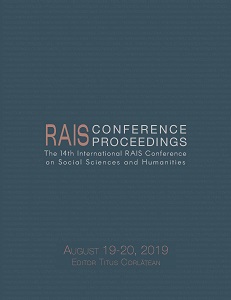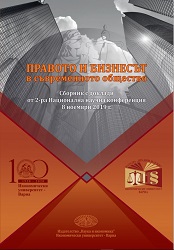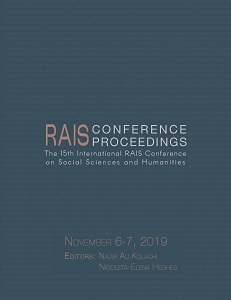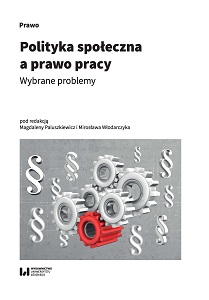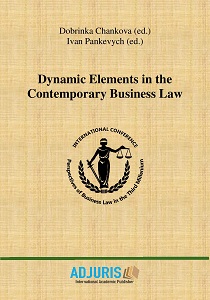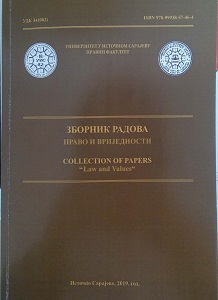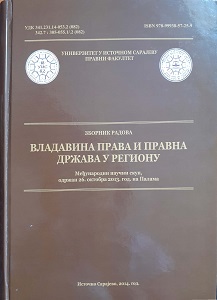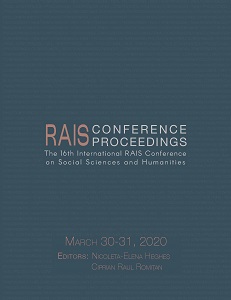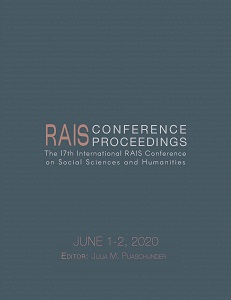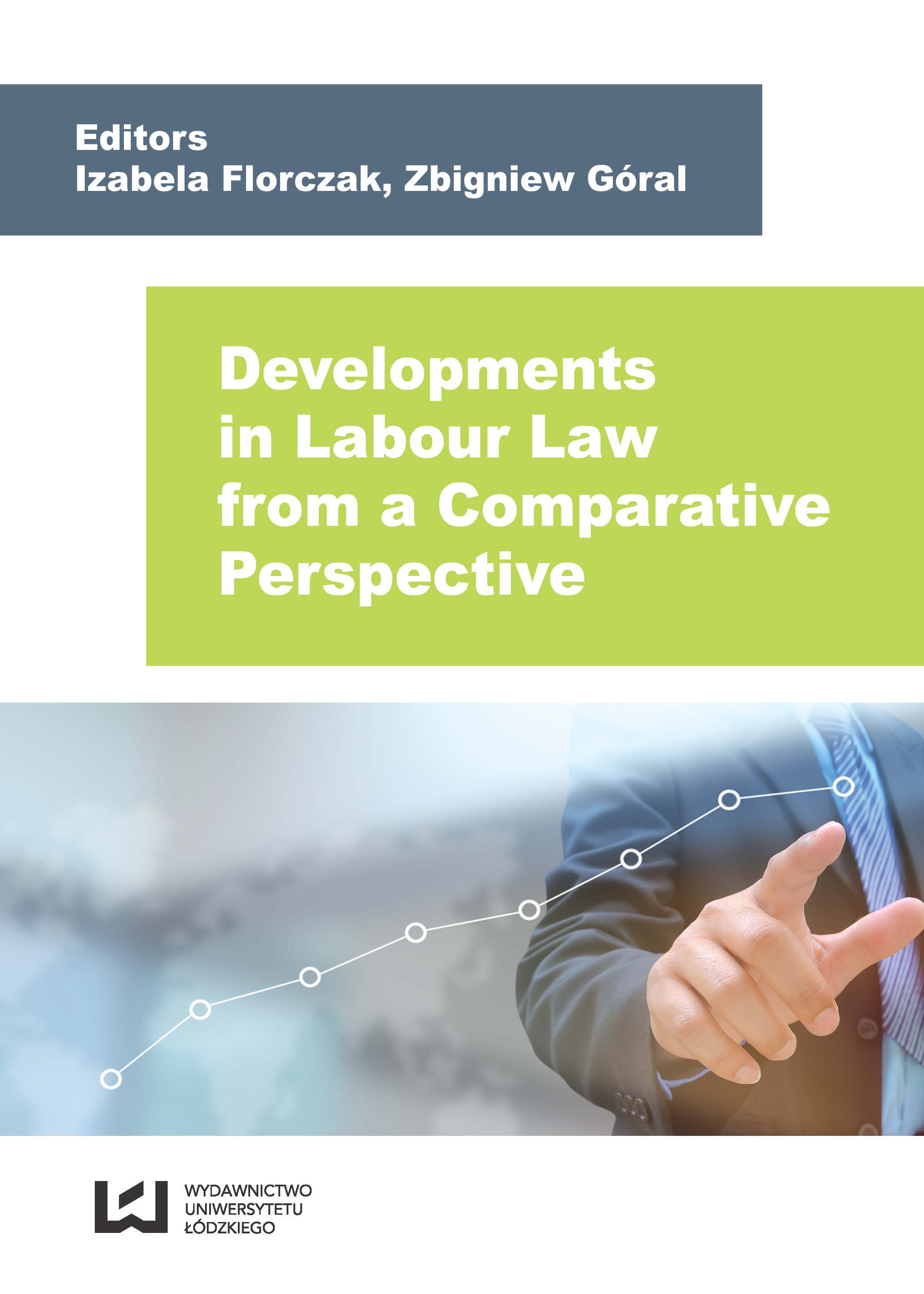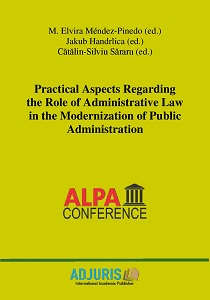
The lawful State in the context of the normative and institutional requirements of European Union
The doctrine of the lawful state comes from the German theory and jurisprudence, but is now a requirement and a reality of the constitutional democracy in contemporary society. Presently, the lawful state is no longer merely a doctrine but a fundamental principle of democracy consecrated in the Constitution and international political and legal documents. In essence, the concept of the lawful state is based on the supremacy of law in general and of Constitution in particular. Essential for the contemporary realities of the lawful state are the following fundamental elements: the moderation of the exercise of state power in relation to the law, the consecration, guaranteeing and observance of the constitutional rights of man especially by the state powers and, last but not least, the independence and impartiality of justice. In this study we analyze the most important elements and features of the lawful state with reference to the contemporary realities in Romania in the context of the requirements expressed in the political and legal instruments of European Union. An important aspect of the analysisis the separation, balance and cooperation of the state powers, in relation to the constitutional provisions. The excess of power of the public authorities, the excessive politicking and failure to respect the independence of justice are aspects of contemporary social and state reality that contravene to the requirements of the lawful state. Are analyzed the most significant aspects of the Constitutional Court jurisprudence and the jurisprudence of administrative courts in regard to the guaranteeing of the lawful state attribute in Romania, as well as, regarding the power excess.
More...
